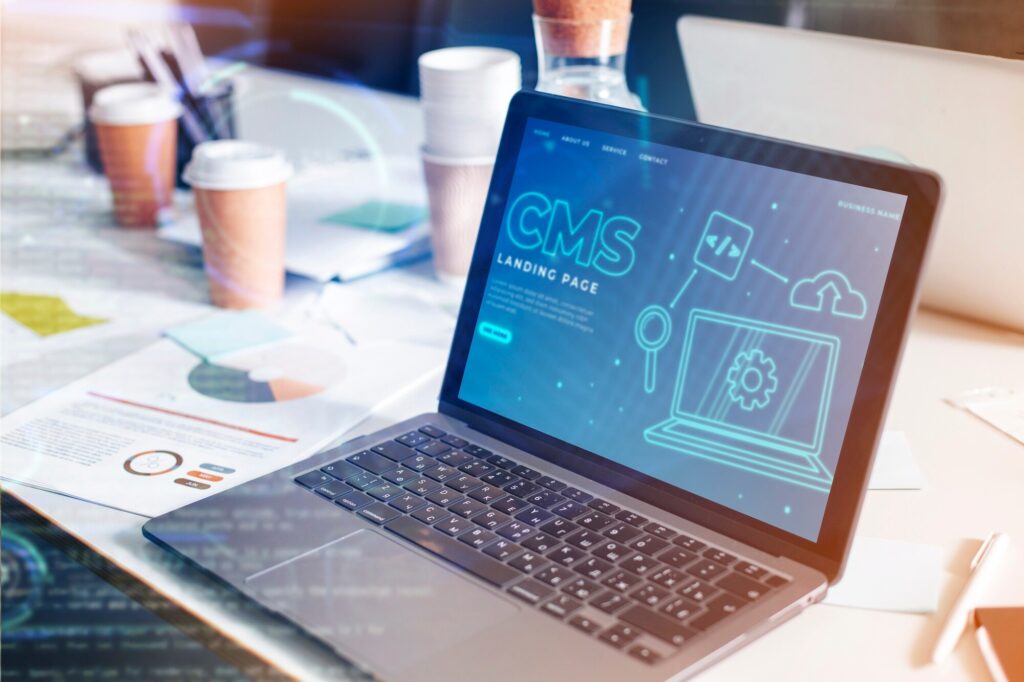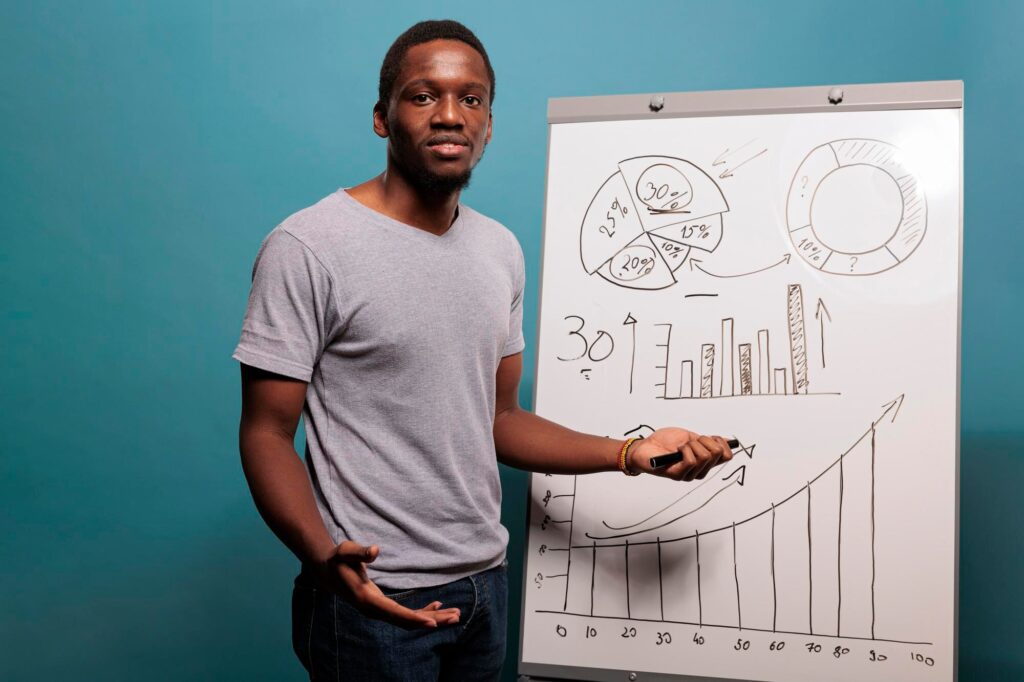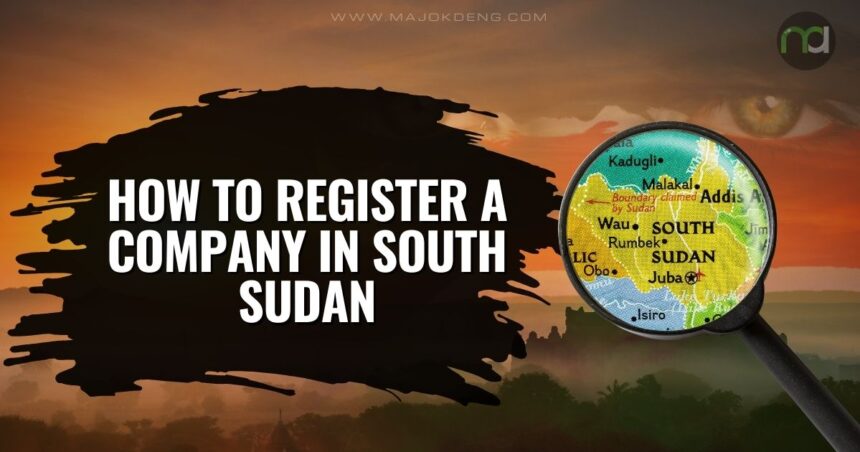MVP Development

- My Expertise
From Concept to Working Product in Weeks, Not Months
I help startups quickly turn business ideas into functional Minimum Viable Products that test market demand without excessive development costs. My approach focuses on identifying core value propositions and building just enough functionality to validate business assumptions before committing to full-scale development.
Service Overview
Many startups waste precious resources building elaborate products before confirming market demand. My experience building multiple technology ventures has taught me that validating core assumptions quickly is far more valuable than developing perfect but untested solutions.
At Wekturbo, we’ve developed a lean approach that begins with identifying the essential problem a product needs to solve, then building just enough functionality to test market response. This methodology helped us launch our healthcare platform efficiently – starting with basic patient management features before expanding based on actual user feedback and demonstrated needs.
Beyond my own ventures, I now help other founders apply these proven principles to their unique business concepts. My MVP guidance focuses on three key elements: clarifying your unique value proposition, identifying truly essential features, and establishing effective feedback mechanisms. This approach helps preserve capital while accelerating the critical learning process that ultimately determines business success.


What's Included
I guide startups through the complete MVP development journey with focus on five key areas:
-
Value Proposition Refinement
We work together to clearly define your unique value proposition and identify the specific customer problem your product will solve. This includes market research, competitive analysis, and customer persona development to ensure your MVP addresses genuine market needs.
-
Feature Prioritization
I help you distinguish between essential and nice-to-have features, creating a prioritized development roadmap focused on elements that directly validate your core business assumptions. This prevents scope creep and keeps development focused on what truly matters for initial market testing.
-
Technology Stack Selection
Based on your specific requirements, I recommend appropriate technologies that enable rapid development while establishing a foundation for future scaling. This includes selecting frameworks, databases, and infrastructure solutions optimized for your particular use case and technical constraints.
-
Development Planning
I create structured development plans with clear milestones, resource requirements, and timelines. This includes breaking down development into manageable sprints, establishing technical specifications, and defining acceptance criteria that ensure quality without unnecessary perfectionism.
-
Testing and Feedback Framework
I help establish effective frameworks for gathering and analyzing user feedback once your MVP launches. This includes designing appropriate metrics, implementing analytics tools, and creating structured processes to translate user insights into product improvements.
Why Choose My Consulting Services
Building minimum viable products in emerging markets requires balancing technical innovation with practical constraints. My approach draws from direct experience launching successful digital products in environments where standard Silicon Valley practices often fail. I focus on creating MVPs that not only validate your concept but also lay a foundation for sustainable growth with minimal wasted resources.
-
Practical Experience Launching Real Products
My recommendations come from actually building and launching MVPs in East African markets, not just theoretical knowledge. I understand what works in practice and how to overcome common obstacles that delay product launches.
-
Market-Specific Knowledge
I understand the unique constraints of launching digital products in markets with varied connectivity, device usage patterns, and user expectations. This helps create MVPs that work effectively in real-world conditions rather than just in ideal testing environments.
-
Resource Optimization Focus
My approach emphasizes maximizing impact with minimal resources, critical for early-stage startups with limited funding. We focus on solutions that validate business assumptions without requiring excessive development time or costs.
-
Technical and Business Balance
With background in both technology development and business, I help bridge the gap between business objectives and technical implementation. This ensures your MVP effectively tests your business model while remaining technically feasible within your constraints.
-
Growth-Oriented Foundation
While focusing on minimum viability, I help establish technical foundations that support future growth. This prevents costly rewrites later by implementing core architecture that can scale with your business as market validation leads to expansion.
Recent Service
Whats's New
How to Register a Company in South Sudan
Registering a company in South Sudan involves visiting multiple government offices in Juba and submitting physical documents. The Ministry of Justice now offers an online portal, but it only handles…
Implementation Process?
My MVP development guidance follows six practical steps that take your concept from idea to testable product:
-
Step 1: Concept Validation We begin by evaluating your business concept against market needs, verifying that it addresses a genuine problem worth solving. This includes analyzing existing solutions, identifying target users, and confirming that your proposed approach offers meaningful advantages.
-
Step 2: Core Feature Definition We identify the absolute minimum feature set needed to deliver your value proposition and test key business assumptions. This includes creating user stories, establishing feature priorities, and defining clear boundaries for the initial version.
-
Step 3: Technical Blueprint Based on your specific requirements, we create a technical design that supports rapid development while establishing a foundation for future growth. This includes selecting appropriate technologies, designing data models, and defining system architecture.
-
Step 4: Development Planning We create a detailed implementation plan with clear timelines and resource requirements. This includes breaking development into manageable sprints, identifying technical dependencies, establishing quality standards, and creating a realistic launch schedule.
-
Step 5: Build and Validation During the development phase, I provide ongoing guidance to ensure work remains focused on essential features. This includes regular progress reviews, technical problem-solving support, and quality assurance practices that prevent delays without compromising functionality.
-
Step 6: Launch and Learning Once your MVP is ready, I help establish effective mechanisms for gathering and processing user feedback. This includes implementing appropriate analytics, creating feedback channels, and developing processes to translate user insights into product improvements.




100+ Positive Reviews
- Client Success Stories
Hear From Founders I've Guided
Read how early-stage ventures have benefited from strategic technology guidance tailored to East African market realities.

C.E.O Iteru Medical Center
"Majok's structured approach helped us launch our healthcare MVP in just 10 weeks. His guidance on appropriate technology choices saved us from costly mistakes and accelerated our path to market."

Founder
"His knowledge of both technology and business helped us make smarter decisions about our technology setup. We reduced costs while improving system reliability."

Founder & Full Stack Developer
"Working with Majok as my Scrum Master transformed my development skills. His methodical guidance helped me grow from a basic programmer to a DevOps professional within two years."
Stay Updated on Technology Trends
Receive practical insights on building scalable technology in emerging markets, development best practices, and startup growth strategies.
- Frequently Asked Questions
Got Questions? I’ve Got Answers.
How long does it typically take to develop an MVP?
Most MVPs can be developed in 6-12 weeks depending on complexity. Simple products with focused functionality might launch in 4-6 weeks, while more complex offerings might require 3-4 months to develop core functionality.
How do you determine what features to include in an MVP?
We identify features by focusing on your core value proposition and the minimum functionality needed to test your primary business assumptions. Each potential feature is evaluated based on development cost versus validation value.
What technologies do you recommend for MVP development?
Technology recommendations depend on your specific requirements, but I generally favor frameworks that enable rapid development while maintaining flexibility for future growth. For web applications, modern frameworks like React with Node.js backends often provide a good balance of development speed and scalability.
How much should I budget for MVP development?
MVP costs vary significantly based on complexity, but focusing on core functionality substantially reduces initial investment compared to building a full-featured product. I help identify approaches that minimize costs while delivering meaningful validation results.
Can an MVP be built with non-technical founders?
Absolutely. Non-technical founders play crucial roles in defining requirements, testing functionality, and gathering user feedback. I help bridge the technical gap by translating business requirements into technical specifications and managing development processes.
What happens after the MVP is launched?
After launch, we focus on gathering and analyzing user feedback to validate business assumptions and identify improvement priorities. This typically leads to either pivoting the concept based on market insights or refining the product for broader release.

